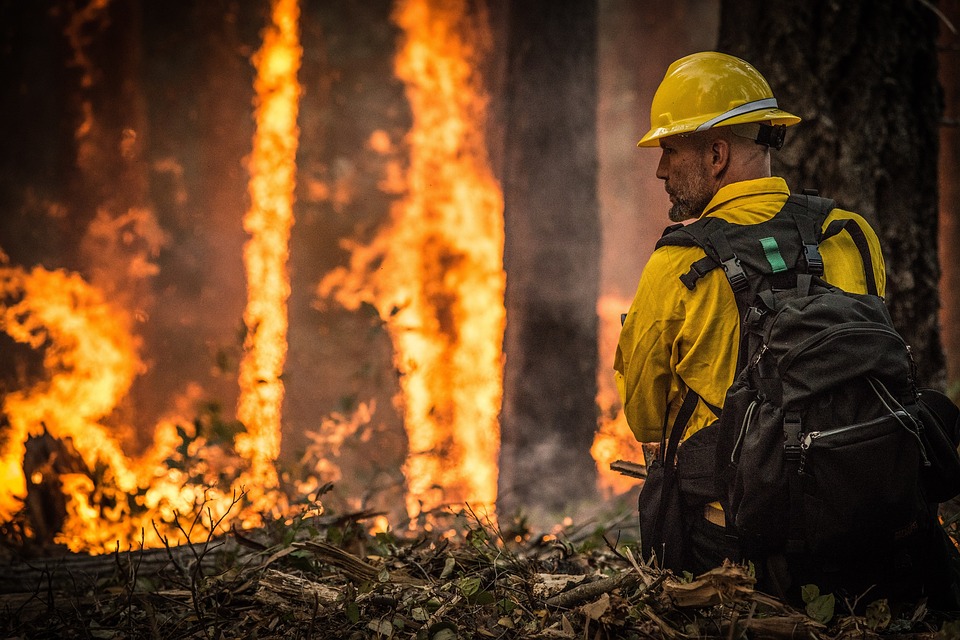People should responsibly alter their activities to tackle issues relative to climatic change, based on the United Nation (UN)’s scientific report.
Efforts to curb greenhouse gas emissions and the impacts of global warming will fall significantly short without drastic changes in global land use, agriculture and human diets, leading researchers warn in a high-level report commissioned by the United Nations.
The special report on climate and land by the Intergovernmental Panel on Climate Change (IPCC) describes plant-based diets as a major opportunity for mitigating and adapting to climate change ― and includes a policy recommendation to reduce meat consumption.
The report stipulates that the land and global warming interaction happens in a vicious cycle. Land devaluation has been inevitable because people are triggering climatic changes.
Climate change is a reality that people cannot run away from as it has become disastrous. For instance, it has jeopardized food availability and destroyed forest-cover.
Climate change hampers food production
The report “Climate Action and Support Trends” was prepared as UN Climate Change input to the UN Climate Action Summit, and it puts a spotlight on the progress made over the past 25 years since the inception of the UN Framework Convention on Climate Change (UNFCCC).
This can help in scaling up further action, as governments prepare to submit the next round of national climate action plans, known as Nationally Determined Contributions (NDCs), by 2020.
According to Cynthia Rosenzweig, a researcher based in NASA, the food available for consumption is being endangered by climate change.
As the vicious cycle accelerates, situations may turn to worse. Nevertheless, Cynthia asserts that with changes in managing forests, eating, and growing food, global warming can be tackled. The planet will be saved from a hot future.
Climate change heats land masses
The land is heating up at an alarming rate despite the landmass being just thirty percent (30%) of the earth.
According to a climate researcher, land usage is a considerable global warming challenge. On the other hand, it could be an ideal resolution.
The researcher asserts that sustainable management should be incorporated into land usage for future generations.
Scientists have also been laying emphasis on urgent societal changes in tackling the climatic change challenge. Additionally, the seriousness of this crisis is necessitated.
A report by almost a hundred (100) scientists illustrates the way climate change has aggravated land degradation, increased deserts, and enhanced forests’ vulnerability to disease, pests, fire, and drought. This trend is observed in spite of the world becoming greener based on high carbon dioxide levels in the atmosphere.
The report also stated that the food supply’s stability is likely to decrease based on the presence and magnitude of intense weather actions known to interrupted food chains.
According to Kelly Levin, the land is being considerably slammed by climate change. He also stipulates there is a possibility of the future becoming worse.
Improved farming methods offset climate change
Better farming methods such as targeted fertilizer application and no-till agriculture can mitigate the effects of global warming.
They have the ability to decrease carbon pollution by nearly eighteen percent (18%) by 2050.
Additionally, a change in eating habits is also necessitated. For instance, people ought to lessen red meat diet and replace it with plant-based foods including seeds, vegetables, and fruits.
This approach can enable the globe to save nearly fifteen percent (15%) of present emissions by mid-century. Moreover, people will become healthier.
Food wastage should also be reduced as it is instrumental in tackling climate change. Presently, between twenty-five and thirty percent (25-30%) of food generated is wasted or lost.
Education and empowerment are crucial in tackling climate change. For instance, in Northern England, the concept of having a ‘climate change teacher’ to teach students about this subject is about to happen.







